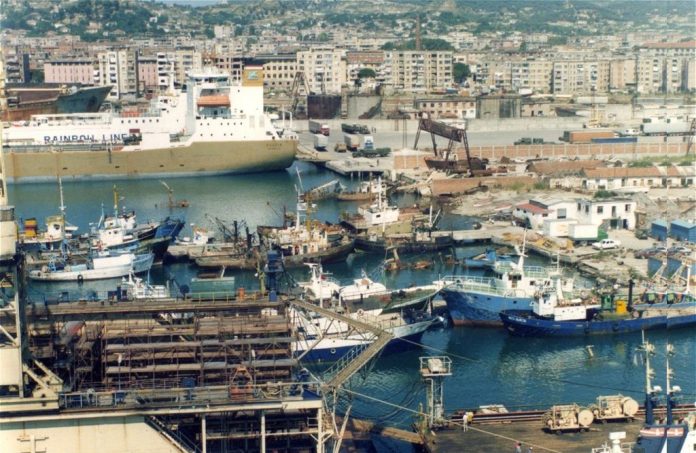A plan for Albania to host reception centres for asylum seekers in the European Union is reportedly on the table.
In an interview with Deutsche Welle (DW), Germany’s international broadcaster, Austria’s government spokesman Peter Launsky-Tieffenthal confirmed that talks about such centres are, in fact, underway with Albania and other countries.
However, Endrri Fuga, who advises Albanian Prime Minister Edi Rama and heads the government’s communications department, denied any such negations were taking place. Albania’s opposition, meanwhile, alleges the government wants to open reception centres in the hope that it will speed up the country’s EU accession process, reported DW.
Situated along the Balkan migration route and on the Mediterranean, Albania is where most asylum seekers arrive. The port of Durres has the capacity to register and house large numbers of individuals who attempt to cross the sea and are then escorted to Albania by ships from Frontex, the EU’s border agency. Once in Albania, individuals who are not entitled to asylum could be repatriated, while those in need and those likely to be granted asylum would then be distributed throughout the EU.
According to DW, Neven Crvenkovic, the UN refugee agency UNHCR’s spokesman for southeastern Europe, confirmed that since 2017 Albania has doubled its capacity to house and process asylum seekers. As an EU hopeful, Albania already meets many of the bloc’s humanitarian standards. Indeed, the UNHCR reports that Albania treats asylum seeker well.
The issue will likely be discussed by Albanian Interior Minister Fatmir Xhafaj, who is touring European capitals for bilateral meetings.
According to DW, a possible deal with Albania could help ease tensions between German Chancellor Angela Merkel and Horst Seehofer. It would meet the interior minister’s demand that asylum applications could be filed outside the EU, yet they would remain under EU oversight. His conservative party could capitalise on such a deal in Bavaria’s upcoming state elections, where it is trying to fend off the insurgent far-right Alternative for Germany (AfD). And Germany’s coalition government would regain stability.

